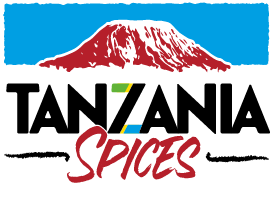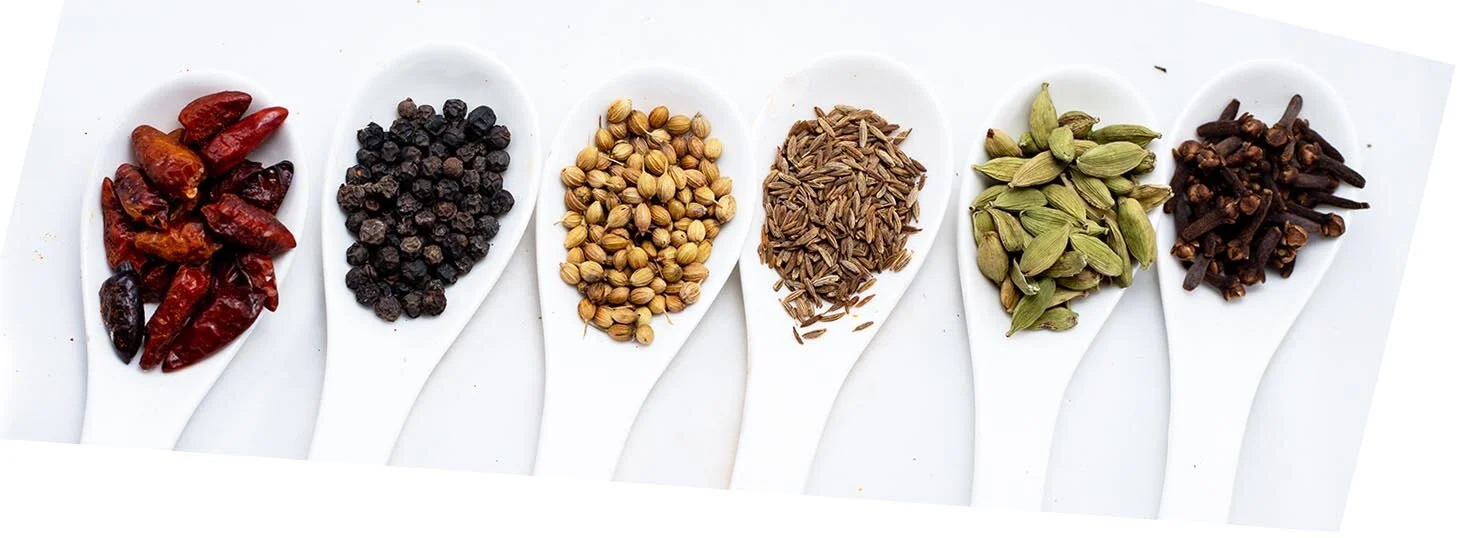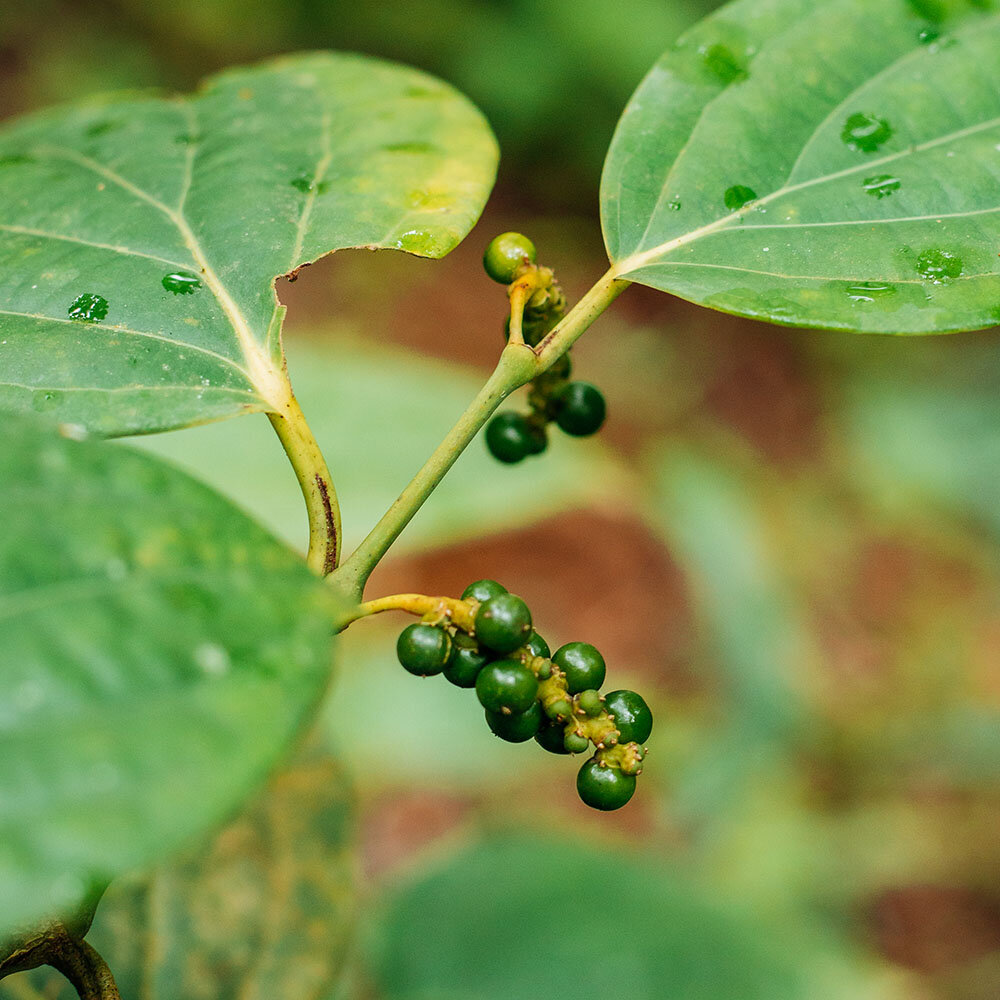Global growth in the spice industry
The global spices industry is growing at a phenomenal rate.
In 2018, the global spices and seasoning industry was worth 15.93 billion USD. It is projected to reach 22.87 billion USD in 2026. World production of spices was estimated at 3,000,000 tonnes in 2020 (with a slight dip due to COVID-19).
The major players in the global spice market include Vietnam, India, China, Sri Lanka and Madagascar. These countries have well-established production processes and export markets.
Western countries, primarily Europe, the United States and Japan, have traditionally been the largest importers of spices. Recently, however, export countries such as China and India have overtaken them as the biggest importers of turmeric, ginger and black pepper. This is due to increased incomes and greater meat consumption in those countries.
Pepper is expected to lead market demand over the next five years. Some of the trends in the global spices industry include the demand for certified organic and sustainable spices and the rising popularity of meat substitutes.
Tanzania’s position in the spice market
Tanzania has excellent climate and soil conditions for spice production, and agriculture is a leading industry.
Spices are grown as ingredients in food, for essential oils and for use in the pharmaceutical and perfumery industries.
A wide range of spices are grown across the country, including Arusha, Kilimanjaro, Tanga, Morogoro, Ruvuma, Mbeya, Songwe, Dodoma, Manyara, Singida, and near the Victoria and Tanganyika lakes.
Tanzania can leverage its agricultural conditions and generational history of spice farming to significant advantage in the export market. The Tanzanian spice industry is growing organically, as more producers appreciate the value of spice crops and global demand increases. If it continues on its current trajectory, the export value of the sector could grow by 20% per annum in the short term and 15% per annum in the next 10-15 years.
Are you a spice buyer interested in high-quality Tanzania spices?
“The spice industry is the hidden gold in Tanzania. It’s quickly growing and is prospectively the biggest source of foreign currency.
”
Spice product standardisation
While the global demand for spices is very high, overall production in Tanzania is currently low. One of the aims of the Tanzania Spices label is to stimulate production and boost support for product standardization, quality assurance and intensive farming.
Diversification into certified organic and other high-value subsectors
The global organic spices market is valued at 0.7-1 billion USD with the European market driving demand. Vietnam, China and India are the primary exporters with pepper and ginger the key spices in demand.
Tanzania has grown spices organically for centuries, relying on rich soils and favourable growing conditions. The Tanzania Spices label will help to support and promote certified organic spices, as well as non-organic production.
In due course, the increased demand for quality spices from Tanzania will encourage farmers to add value to their products, rather than exporting raw, unprocessed spices. It will also lead to the development of industry in other derived products such as extracts, essential oils, and the highly valued oleoresins.





